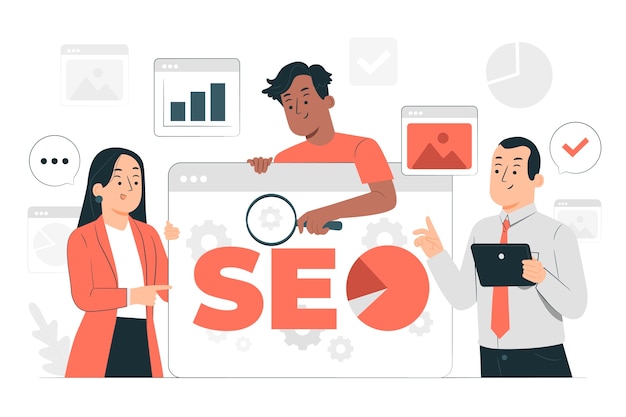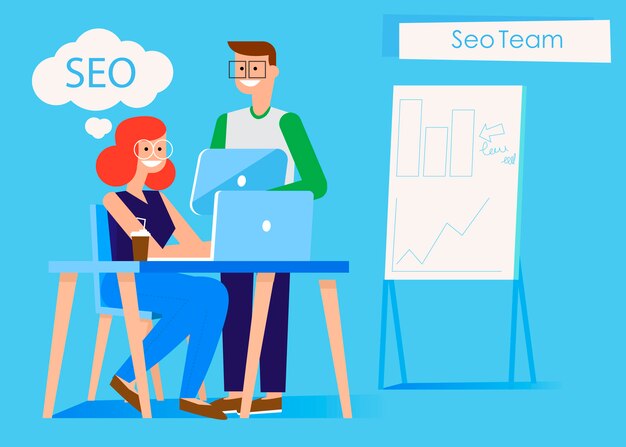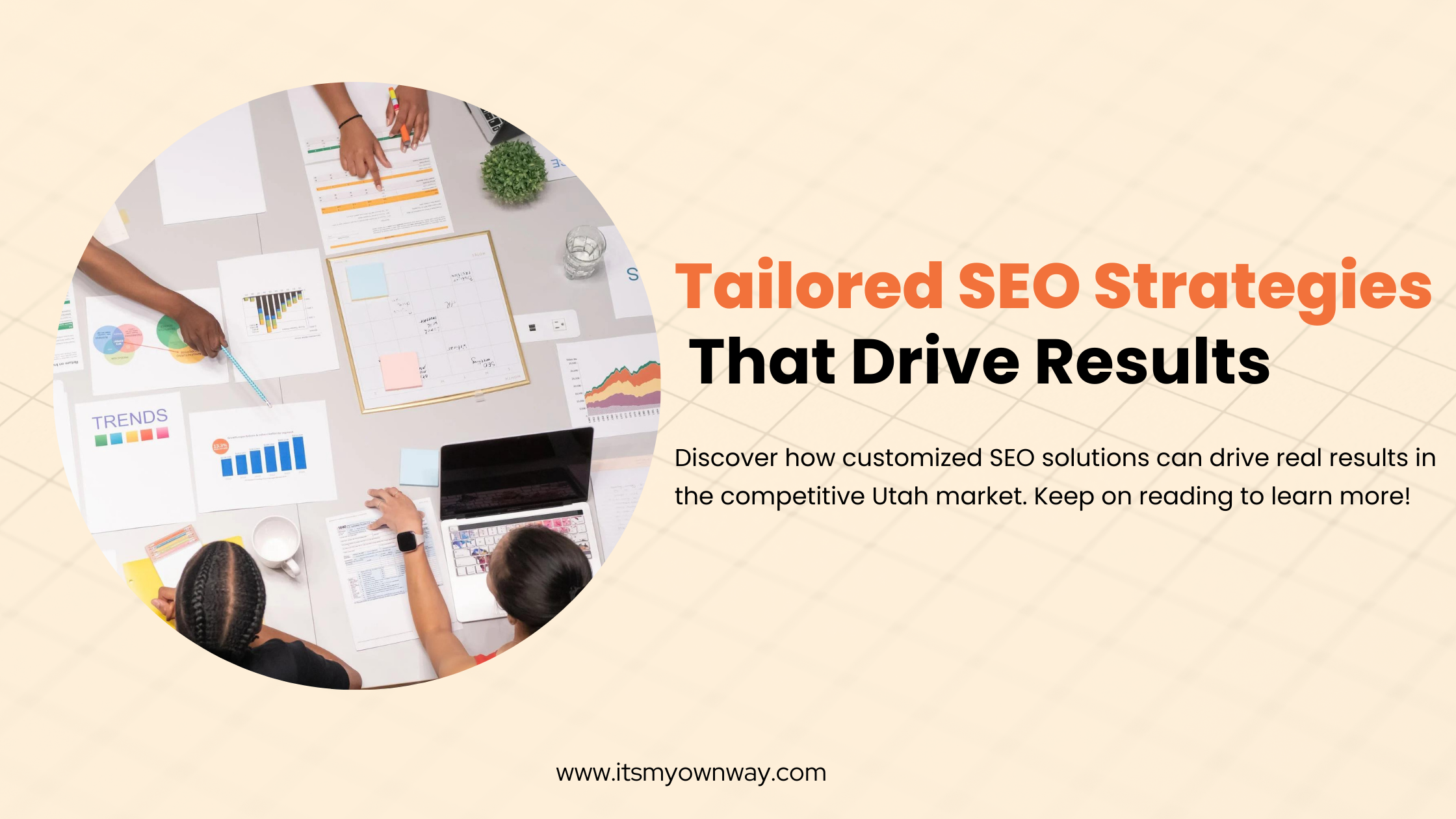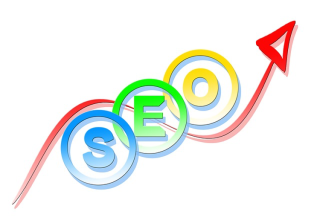Search engine optimization (SEO) and pay-per-click (PPC) advertising are two primary tactics for getting website traffic. SEO improves rankings to gain organic traffic, while PPC instantly sends visitors through paid ads. When launching a site or optimizing an existing one, a key question emerges – should you focus your efforts on SEO or PPC? The answer depends on assessing your current situation, goals, and resources. By understanding the pros and cons of each strategy, you can determine the best allocation between organic and paid efforts.
When Should You Prioritize SEO?

SEO is ideal when you have these conditions:
Just Launched Your Website
For new websites, SEO should be a top priority right away. Organic rankings take time to build, so you want to lay the groundwork early. Perfecting elements like site architecture, keyword research, and quality content from the start will pay off down the road. Advertising Hub organic SEO services help sites launch with an optimized foundation for ranking success.
Have A Generous Timeline
SEO takes patience. It can take months to see significant organic traffic, so only pursue SEO if you have the runway to build rankings gradually over time. Those needing revenue quickly may be better off starting with PPC. With SEO, the traffic queue starts small but revenue ramps consistently as you climb rankings.
Offer A Broad Range Of Products/Services
Websites with diverse offerings can rank for a wide spectrum of searches and draw traffic through multiple keywords. Broad SEO is ideal for general sites like major retailers and content websites. But for highly niche products, PPC may make more sense.
Want Free And Consistent Traffic
Once secured, organic traffic requires no further payment. As long as you maintain your SEO, rankings will continue funnelling targeted visitors to your site for free. SEO also avoids the volatility of paid ads, providing a consistent baseline of traffic. This stability reduces risk compared to relying solely on advertising.
When Should You Prioritize PPC?
Alternatively, PPC is the better initial focus when you have these situations:
Need Revenue Fast
PPC delivers visitors instantly through paid ads. Within days of setting up your first campaign, you can drive traffic and sales. SEO typically cannot match this speed. If you have short-term revenue goals or are in a competitive season, PPC is ideal for fast volume.
Offering A Time-Sensitive Promotion
Do you have a sale or limited-time offer you need the traffic to right away? PPC is perfect for promoting temporary promotions. Adjust your budget and ads to capitalize on the urgency. SEO is better optimized for terms that long-term buyers are searching for rather than short seasonal spikes.
In An Extremely Competitive Space
Breaking into competitive industries like insurance, law, and finance can be challenging with SEO alone. PPC helps crack into saturated fields by outbidding top-ranking competitors for the time being. Or run PPC ads alongside organic efforts to boost visibility.
Have A Generous Budget
PPC offers predictable ROI scaling – the more you can spend, the more traffic you receive. If budget is no concern and maximum traffic volume is the goal, a paid strategy may beat out organic. Know that PPC expenses will recur each month at similar levels while SEO costs fade over time.
When Should You Use Both Together?

Many businesses find success in combining SEO and PPC together in a hybrid approach. Reasons you may want an integrated strategy include:
Goals Across Different Timescales
Balance short-term PPC revenue with long-term SEO growth. Use PPC to generate immediate income while SEO builds in the background. Lower PPC over time as organic traffic accelerates.
Maximizing Exposure
Ranking #1 organically is ideal, but #2 and #3 also receive decent traffic. Run PPC ads at the same time to capture the remaining traffic potential. Appearing in both paid and organic results boosts visibility.
Providing Alternate Search Entry Points
Cover different keyword types and search intents with PPC and SEO. Target highly commercial, bottom-funnel phrases with PPC. Use SEO for informational research terms.
Limiting Weak Spots
Fill gaps where one strategy underperforms. Shore up bad organic rankings with PPC or double down on strong SEO terms by adding paid ads. Cover all bases.











